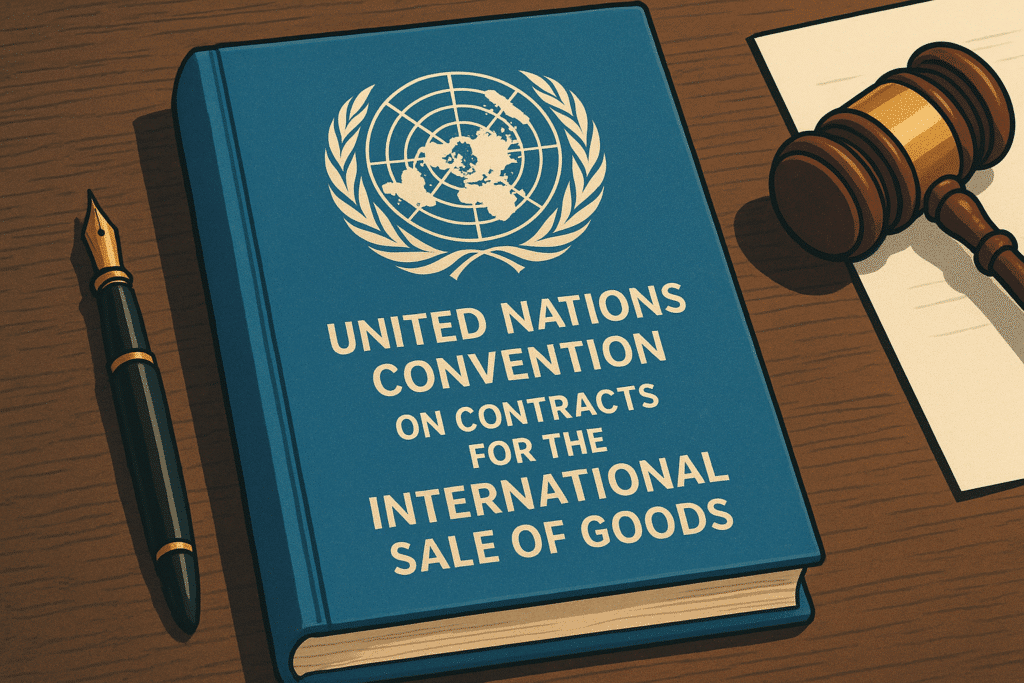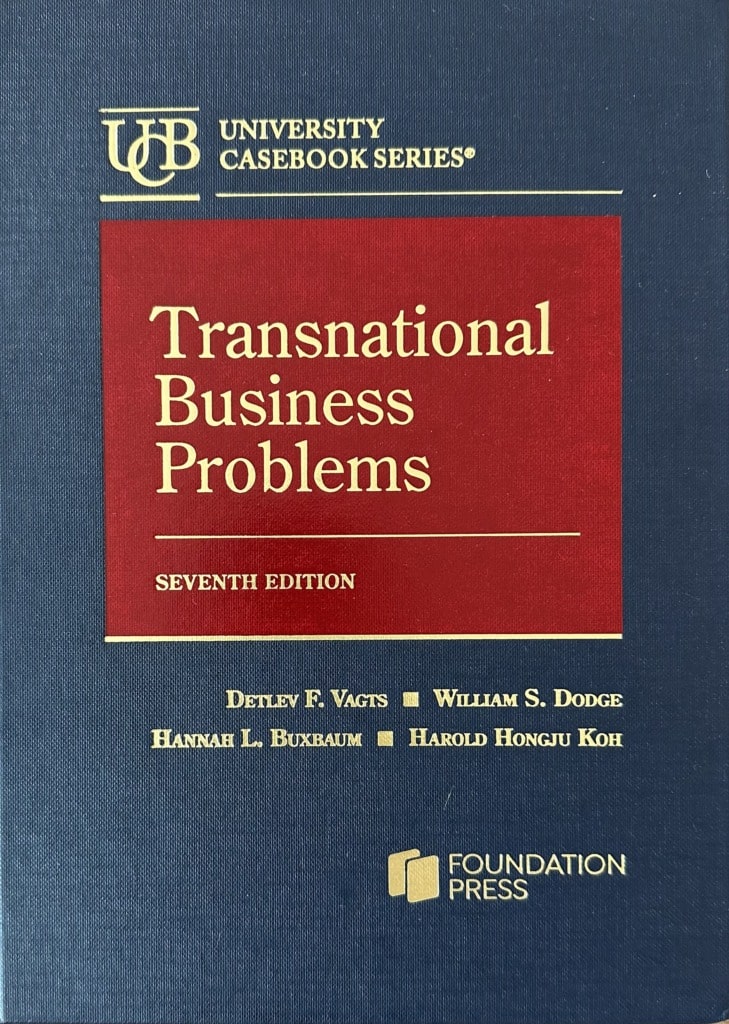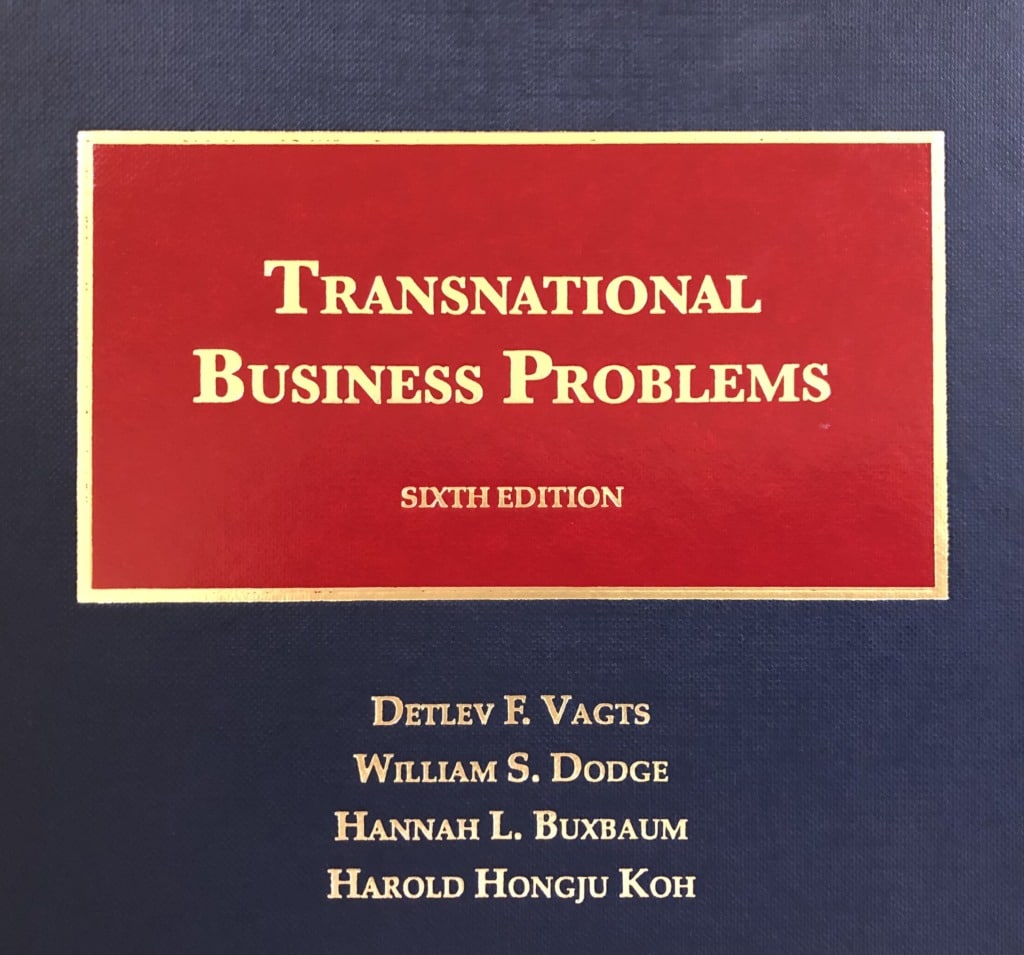The CISG Saves the Day
The United Nations Convention on Contracts for the International Sale of Goods (CISG) has long been something of an enigma to American lawyers. The available evidence suggests that many U.S. lawyers are unaware of this treaty’s existence nearly forty years after it was ratified. In many cases, U.S. lawyers are upset to learn, first, that…
Continue ReadingOpting Out of Federal Law II: Foreign Choice-of-Law Clauses
In a prior post, I examined when a choice-of-law clause selecting the law of a U.S. state may be used to avoid federal laws. In this post, I consider whether a choice-of-law clause selecting the law of a foreign country may be used to accomplish this same goal. The post first examines situations where the…
Continue ReadingOpting Out of Federal Law I: State Choice-of-Law Clauses
Most provisions of federal law are mandatory. One cannot opt out of the tax code, the wire fraud statute, or civil rights laws. There are, however, a handful of federal laws that are not mandatory. These laws expressly state that they shall not apply if private actors write language into their contracts opting out. A…
Continue ReadingUsing TLB to Teach International Business Transactions (2025 Update)
As the fall semester gets underway, we are updating our posts on using resources on TLB to teach various classes. This post discusses International Business Transactions (IBT). Although TLB focuses on litigation and IBT focuses on transactions, there is a great deal of overlap. The most obvious examples are contractual clauses that plan for dispute resolution,…
Continue ReadingA New CISG Decision from Arizona
Many U.S. lawyers are unaware that the U.N. Convention on Contracts for the International Sale of Goods – or CISG – might apply to the contracts they negotiate on behalf of their clients. A recent federal district court decision from Arizona, Kümpers Composites GmbH v. TPI Composites (Judge Susan M. Brnovich), provides a nice occasion…
Continue ReadingParol Evidence and the CISG
In MCC-Marble Ceramic Center, Inc., v. Ceramica Nuova d’Agostino, S.p.A. (1998), the Eleventh Circuit held that the American parol evidence rule does not apply in cases governed by the U.N. Convention on Contracts for the International Sale of Goods (CISG). Article 8(3) of the Convention instructs courts, in determining the intent of the parties to…
Continue ReadingEighth Circuit Rejects Recovery of Attorney Fees under the CISG
Few questions on the interpretation of the CISG have been as contested on the international level as the potential recovery of attorney fees as damages for breach of contract. Courts in the United States have historically held that attorney fees are not recoverable under Article 74. That consensus was challenged last year when a federal…
Continue ReadingUsing TLB to Teach International Business Transactions
As the fall semester gets underway, we are updating our posts on using resources on TLB to teach various classes. This post discusses International Business Transactions (IBT). Although TLB focuses on litigation and IBT focuses on transactions, there is a great deal of overlap. The most obvious examples are contractual clauses that plan for dispute resolution,…
Continue ReadingChoice of Law and the CISG
Last week, I wrote about a New York case in which the court and the litigants failed to recognize the applicability of the United Nations Convention on Contracts for the International Sale of Goods (CISG). In today’s post, I discuss a case decided by a federal court in Rhode Island, Chilean Sea Bass Inc. v….
Continue ReadingOverlooking the CISG
The United Nations Convention on Contracts for the International Sale of Goods (CISG) entered into force in 1988. Its stated goal is to harmonize the law of sales across many different countries, thereby making it unnecessary for courts in these countries to perform a choice-of-law analysis when the dispute involves an international sales contract. The…
Continue Reading





